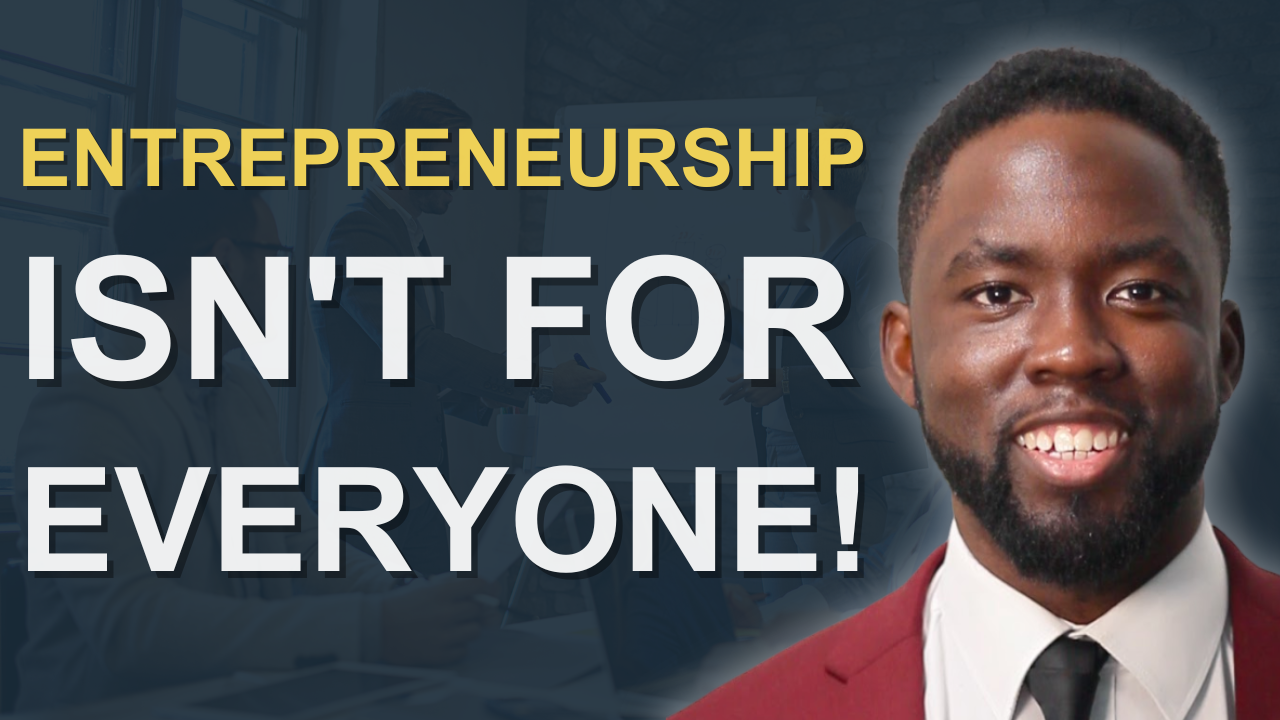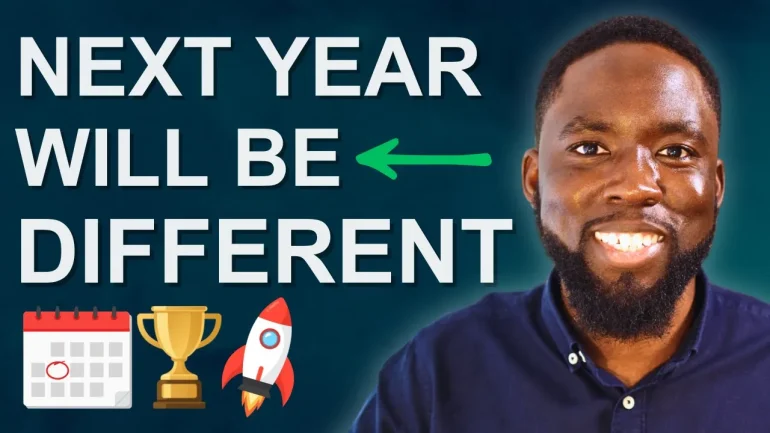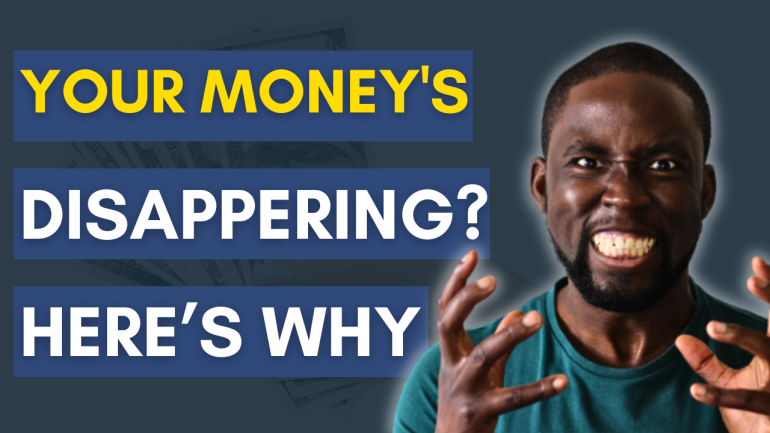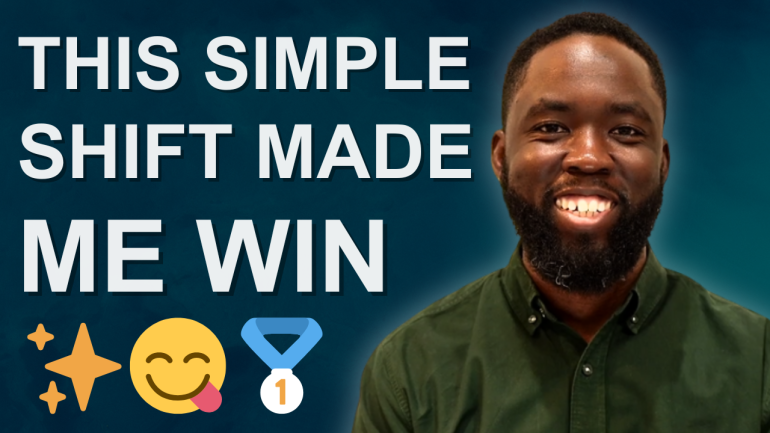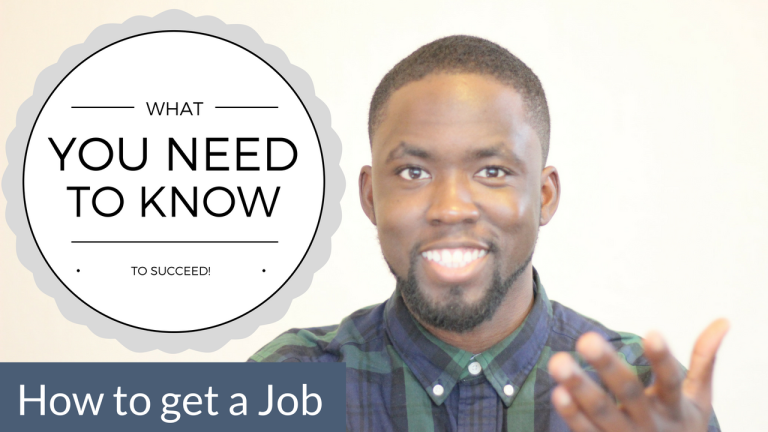Do You Really Need to Be an Entrepreneur to Be Successful?
When you scroll through LinkedIn or Instagram, it feels like everyone’s shouting about their “seven figure journey” or how they’ve “quit their 9 to 5 to live life on their own terms.” It’s tempting, isn’t it? You start asking yourself: Am I doing enough? Should I be building my own thing? Is playing it safe the right choice or the wrong one?
I’ve been there. And the pressure is real.
But you don’t have to become an entrepreneur to be successful. Forcing yourself down that road when it doesn’t align with who you are could cost you years of time, money, and energy.
What you need is clarity. Clarity about what success looks like for you, and how to carve a path that aligns with your values, skills, and ambitions. That may be entrepreneurship. But it may also be intrapreneurship, or building a respected expert profile within your field. Let’s break this down.
The Entrepreneurship ‘Myth’
We’re constantly fed what I call the entrepreneurship ‘myth’. This is the story society, media, and even some governments push, that starting your own business is the only “real” way to achieve freedom and success.
The problem is that narrative is not a ‘one-size-fits-all’. What you don’t see on the glossy Instagram posts are the long nights, failed launches, crippling self doubt, and the sheer number of entrepreneurs who burn out or walk away after 5, 10, or even 20 years.
I’ve seen brilliant people pour everything into a business that never fit them in the first place. It drained their energy, their money, and their confidence. Why? Because it wasn’t aligned to who they were or what they valued.
So the question isn’t “Should I be an entrepreneur?” The real question is: Does this path make sense for me?
Intrapreneurship: The Overlooked Path
McKinsey coined the term intrapreneurship: building impact, innovation, and leadership within an existing organisation.
And let me tell you, this is powerful. Some of the most fulfilled professionals I know are not entrepreneurs. They’re second in command at a growing firm. They’re project leaders in global organisations. They’re respected experts shaping change in industries.
This isn’t “settling.” In fact, it often gives you the same benefits entrepreneurship promises: ownership, influence, recognition, without the isolation and financial risk. You can still build your brand, grow your portfolio career, and make a significant impact inside someone else’s business.
And sometimes, that’s the best training ground before you ever think of launching something yourself.
Step 1: Define What Makes Sense for You
Before you make any career moves, you need to step back and ask: What truly aligns with me?
Here’s what I recommend:
- Audit your past 5 to 10 years. How have you naturally approached challenges? Did you thrive leading teams, solving problems, or building processes?
- Check your alignment with entrepreneurial traits. Are you willing to repeat difficult actions for years before seeing results? Can you be disciplined and resilient through uncertainty? Or does that thought drain you?
- Acknowledge external pressures. Are you chasing entrepreneurship because you genuinely want it, or because Instagram told you to?
This isn’t about ruling yourself out. It’s about being brutally honest with yourself so you can focus your energy in the right place.
Step 2: Build Your Personal Scorecard
I use something I call a personal scorecard. It’s derived from something I call the Masteri Performance Indicator. It’s my way of leading myself before I try to lead others. My scorecard includes five pillars:
- Audacious Authenticity – Does this path allow me to be my true self, aligned with my values and vision?
- Crystal Clarity – Can I realistically achieve the goals (financial, lifestyle, impact) I want here?
- Communication – Am I able to express myself fully through writing, speaking, or otherwise?
- Voracious Vitality – Does this give me energy, or drain me?
- Perceptive Persuasion – Do others see me as credible and impactful in this space?
When I test opportunities against this scorecard, the decision becomes clearer. You can adapt this framework for yourself.
Step 3: Choose Your Vehicle
Once you’ve defined what makes sense and scored it against your personal framework, you then decide: What’s the right vehicle for me?
- Entrepreneurship if you’re wired for the risk, discipline, and persistence it demands.
- Intrapreneurship if you want to innovate and lead inside an organisation, potentially earning equity, recognition, and senior influence.
- Respected Expertise if your value is in building authority as a consultant, thought leader, or specialist others turn to.
Each of these paths can support a strong portfolio career, a career made up of multiple streams of income, influence, and impact.
Bonus Insight: Redefine Success from Ownership to Impact
Too often, we confuse success with ownership. But what if we redefined it as impact?
Think about it. Whether you’re the founder of a start up, a director in a global firm, or an independent consultant, what matters most is the difference you make. The people you serve. The lives you influence. The legacy you build.
That’s the real measure of success.
Final Thoughts
You don’t have to be an entrepreneur to be successful. You just need to be intentional about building a career that plays to your strengths, aligns with your values, and energises you for the long run.
For some, that will mean launching a business. For others, it will mean intrapreneurship or building authority as a trusted expert. The point is you have options. Don’t let the entrepreneurship ‘myth’ pressure you into a path that isn’t yours.
So let me leave you with a question: What definition of success actually makes sense for you?
Understand. Reach. Expand.
Peace.
